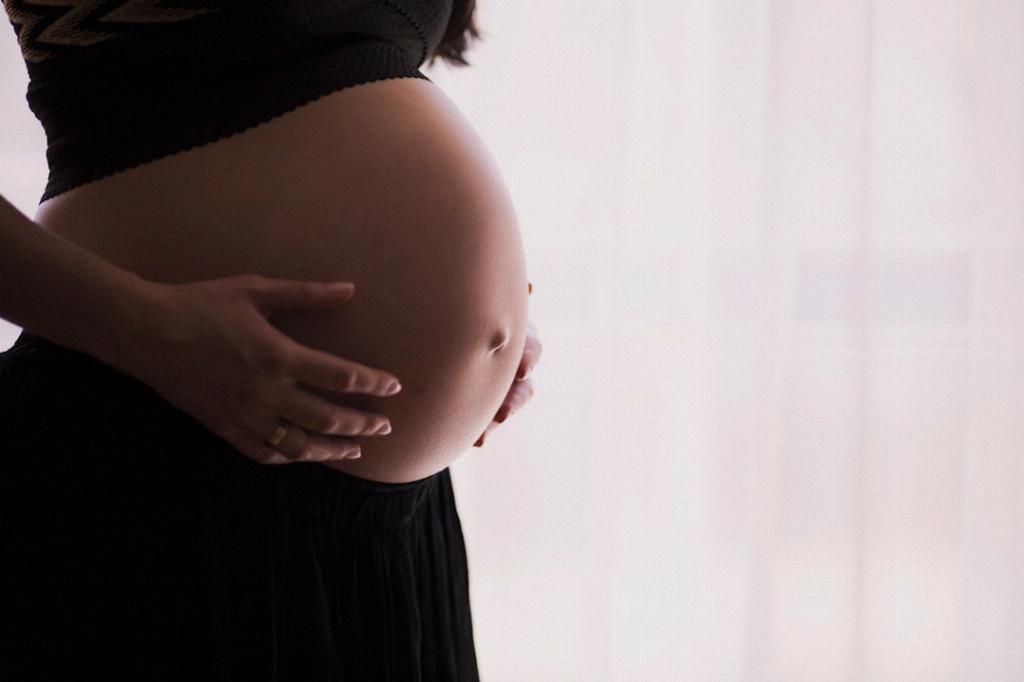One common concern that many pregnant individuals have is whether it’s okay to not eat when feeling hungry. The answer to this question is quite important for the health and well-being of both the mother and the growing baby. During pregnancy, the body has increased nutritional needs to support the development of the baby and to sustain the mother’s health.
It is generally recommended for pregnant individuals to not go more than two to three hours without eating. The reasoning behind this advice is that eating at regular intervals helps provide a steady stream of nutrients to the baby, ensuring proper growth and development. Additionally, frequent eating helps regulate blood sugar levels, preventing sudden drops that can lead to feelings of lightheadedness or fatigue.
In pregnancy, hunger can often be a signal from the body that it needs nourishment to support the growing baby. Ignoring hunger cues for extended periods can result in nutrient deficiencies that may impact both the mother’s health and the baby’s development. Therefore, it is generally not advisable to ignore hunger pangs during pregnancy.
Skipping meals or not eating when hungry can lead to fluctuations in blood sugar levels, which can result in feelings of weakness, dizziness, or even fainting. These symptoms can be particularly concerning during pregnancy when the body’s demands for nutrients are higher than usual.
Proper nutrition during pregnancy is essential for the health of both the mother and the baby. Inadequate food intake can result in nutrient deficiencies that may have long-term consequences for the baby’s health. It is crucial to eat a balanced diet that includes a variety of fruits, vegetables, whole grains, lean proteins, and healthy fats to meet the increased nutritional needs during pregnancy.
If you are experiencing frequent hunger pangs during pregnancy, it may be a sign that your body needs more nutrients to support the growing baby. Listen to your body’s cues and try to eat small, nutritious snacks throughout the day to avoid prolonged periods without food.
Eating regular, balanced meals is not only important for your own health but also for the optimal development of the baby. By fueling your body with the right nutrients at the right times, you are helping to ensure a healthy pregnancy and a healthy baby.
If you find yourself struggling to eat when feeling hungry, it may be helpful to consult with a healthcare provider or a nutritionist who can provide guidance on meeting your nutritional needs during pregnancy. They can offer personalized recommendations based on your individual dietary preferences and health status.
Overall, it is essential to prioritize proper nutrition and listen to your body’s hunger cues during pregnancy. Eating regular, balanced meals and snacks can help support the health and development of both the mother and the baby, ensuring a positive pregnancy experience.
In conclusion, it is generally not advisable to ignore hunger during pregnancy. Regular meals and snacks that provide essential nutrients are vital for supporting the health of both the mother and the growing baby. Pay attention to your body’s signals, eat when hungry, and prioritize a balanced diet to promote a healthy pregnancy.

